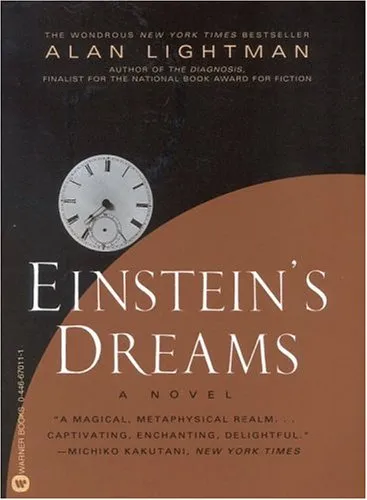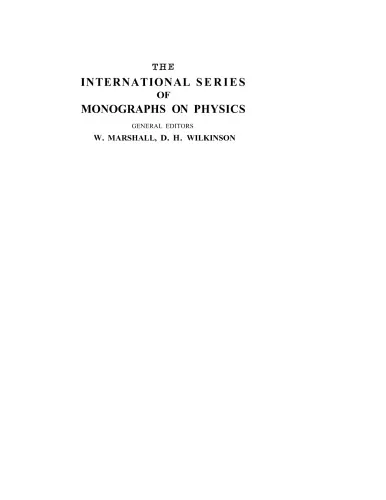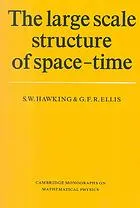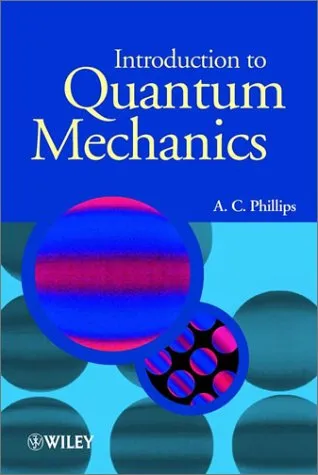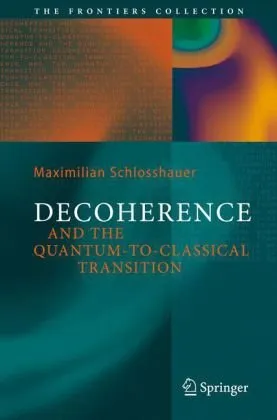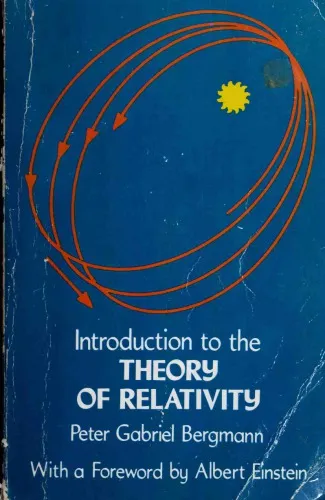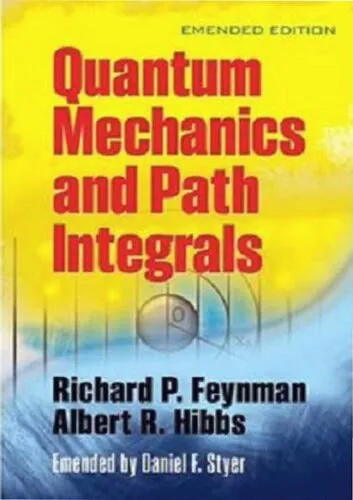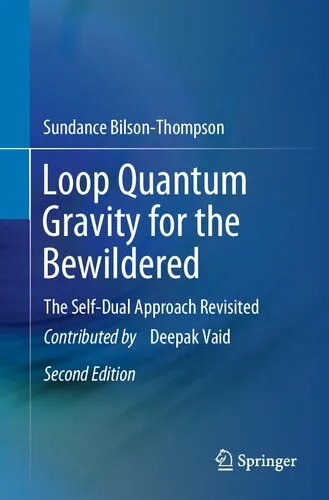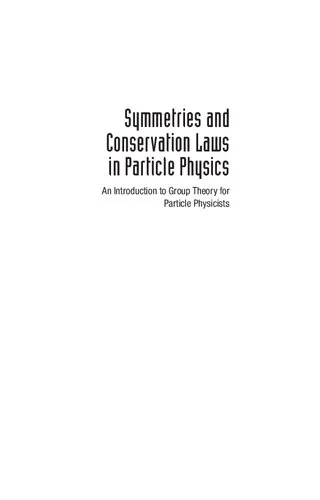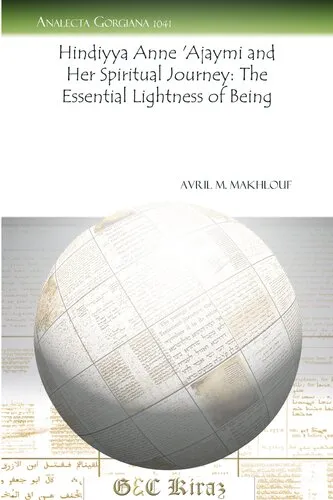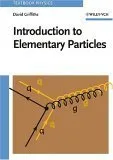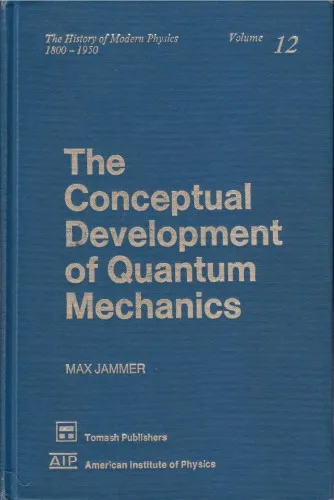Einstein's Dreams
4.5
Reviews from our users

You Can Ask your questions from this book's AI after Login
Each download or ask from book AI costs 2 points. To earn more free points, please visit the Points Guide Page and complete some valuable actions.Related Refrences:
An Introduction to "Einstein's Dreams"
"Einstein's Dreams," written by physicist and novelist Alan Lightman, is a timeless masterpiece that beautifully blends science, philosophy, and the human experience. Published in 1993, the book offers a fictionalized look into the dreams of a young Albert Einstein as he works on his groundbreaking theory of relativity in 1905. Through brief yet intricately woven chapters, the reader is transported into imaginative worlds where time behaves in unconventional and thought-provoking ways. This book is not only a celebration of Einstein's genius but also a poignant exploration of human desires, regrets, and the metaphysical nature of time.
Often hailed as a modern classic, "Einstein's Dreams" transcends genres with its poetic prose and extraordinary vision. It challenges readers to look beyond the conventional understanding of time and encourages them to ponder how our perception of it shapes our inner lives. Accessible to both scientists and non-scientists, this book resonates with anyone who has ever wondered about the mysteries of the universe and our fleeting moments within it.
Detailed Summary of the Book
"Einstein's Dreams" is structured as a series of thirty short chapters, each presenting a unique dream Einstein might have had while working on his theory of relativity in the Swiss town of Bern. Each dream explores a different concept of time. For example, in one dream, time is circular, and people are doomed to relive moments over and over again. In another, time flows backward, unraveling events in a reverse sequence. Other dreams envision worlds where time stands still, where time splits into multiple dimensions, or where time is finite and ends abruptly.
Interspersed among the dreams are interludes featuring Einstein himself, along with his friend Michele Besso, grounding the abstract concepts in a quiet, personal narrative. Lightman portrays Einstein as a man torn between imagination and scientific rigor, grappling with the implications of his own ideas. The reader is thus invited not only to contemplate the nature of time but also to witness the intimate moments of Einstein's intellectual journey.
At its core, "Einstein's Dreams" is an ode to creativity and the boundless possibilities of the human mind. It captures both the beauty and the sorrow of imagining alternate realities and questions how different perceptions of time might change the way we live, love, and remember.
Key Takeaways
- Time is not absolute—both in physics and in how individuals experience it emotionally.
- Different perceptions of time shape human relationships, priorities, and aspirations.
- Einstein’s scientific discoveries are deeply connected to creativity and the imagination.
- Stories about time can reveal profound truths about human existence and our desire for permanence within an impermanent universe.
- The boundaries between science and art are fluid, and both disciplines enrich our understanding of reality.
Famous Quotes from the Book
"There is a place where time stands still. Raindrops hang motionless in air. Pendulums of clocks float mid-swing. As a traveler approaches this place, he slows down. His heart beats more slowly, his breathing slackens, his temperature drops, his thoughts diminish, until he at last stops."
"In a world where time is a circle, every action is repeated endlessly. For some people, this is a nightmare. For others, it is a source of great comfort."
"Time is a landscape, and there is no end to exploration."
Why This Book Matters
"Einstein's Dreams" is more than just a literary exploration of time; it is a profound meditation on the human condition. It challenges readers to reflect on their own lives and the role that time plays in shaping their decisions, memories, and relationships. Through his poetic and accessible prose, Alan Lightman bridges the gap between science and art, offering a unique lens through which to view the world.
The book’s universal themes make it relevant across disciplines, inspiring scientists to think creatively and artists to engage with scientific principles. In a world increasingly driven by technological advancement, "Einstein’s Dreams" is a reminder of the importance of imagination, curiosity, and intellectual wonder.
Whether you are a physicist, a philosopher, or someone simply interested in life’s grand mysteries, this book is sure to leave an indelible mark. Its timeless appeal continues to captivate readers around the globe, cementing its place as one of the most thought-provoking and beautifully written works of contemporary literature.
Free Direct Download
You Can Download this book after Login
Accessing books through legal platforms and public libraries not only supports the rights of authors and publishers but also contributes to the sustainability of reading culture. Before downloading, please take a moment to consider these options.
Find this book on other platforms:
WorldCat helps you find books in libraries worldwide.
See ratings, reviews, and discussions on Goodreads.
Find and buy rare or used books on AbeBooks.
2140
بازدید4.5
امتیاز0
نظر98%
رضایتReviews:
4.5
Based on 0 users review
Questions & Answers
Ask questions about this book or help others by answering
No questions yet. Be the first to ask!
